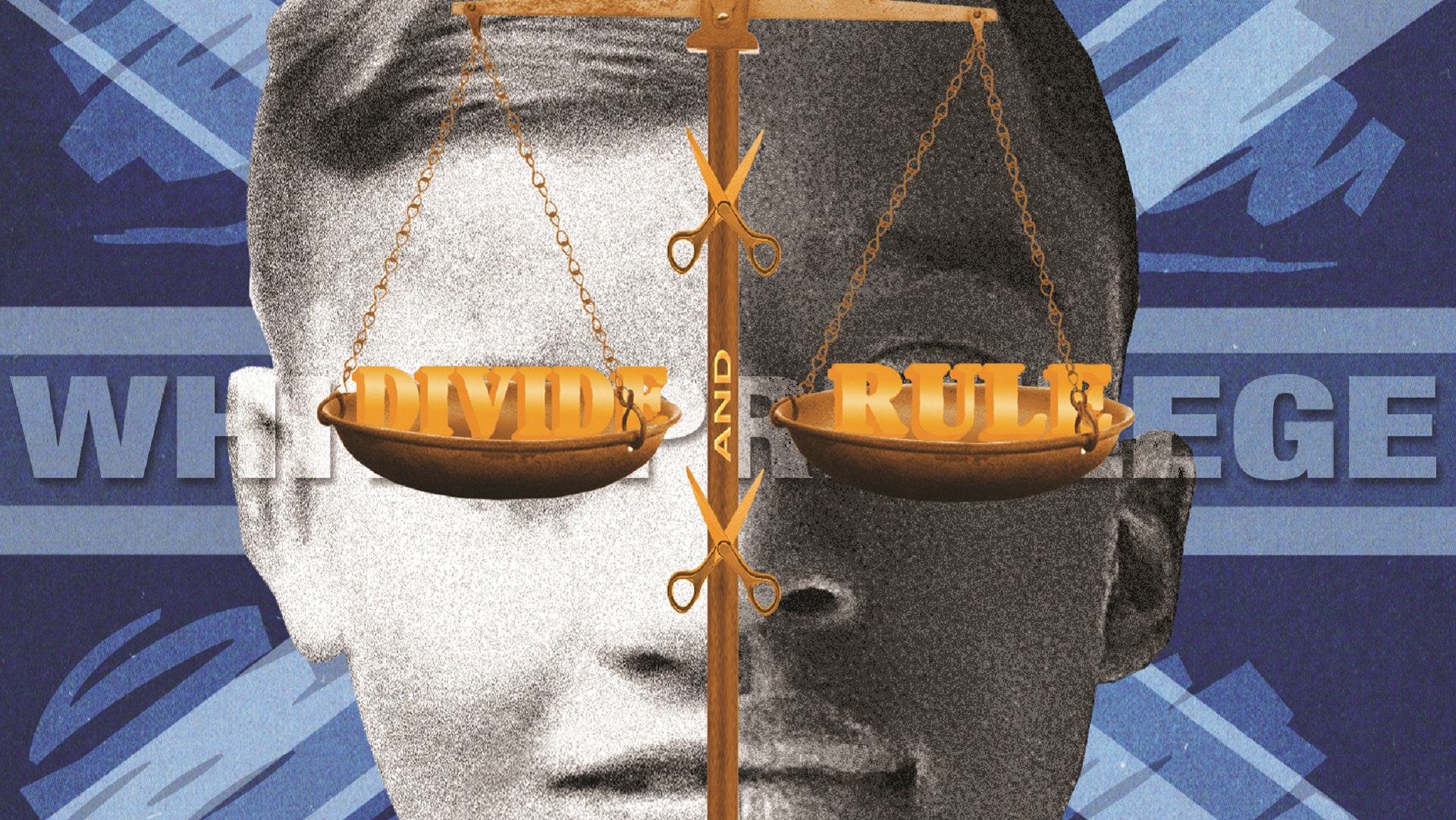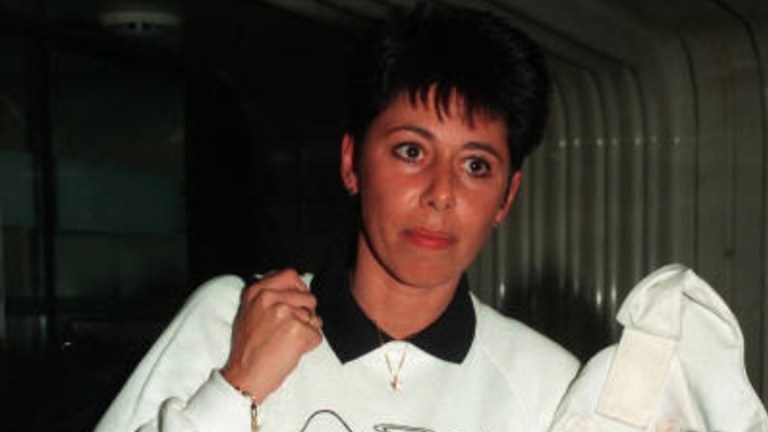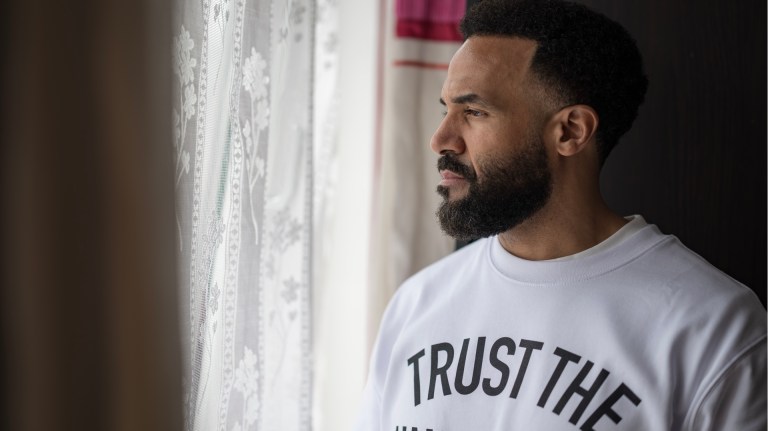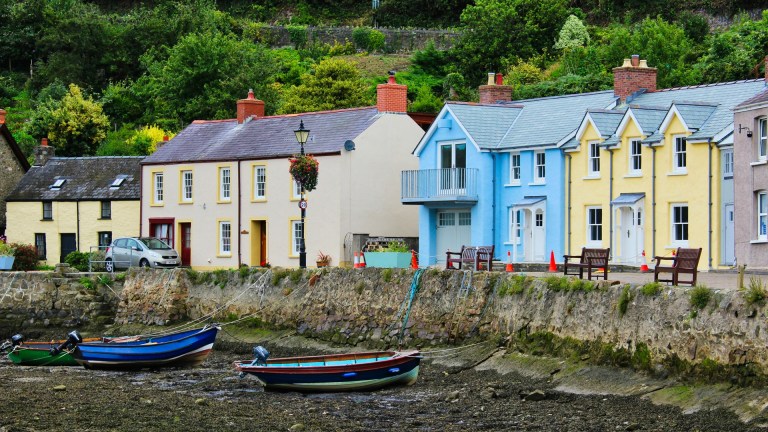The report said MPs were “concerned that the phrase may be alienating to disadvantaged white communities, and it may have contributed towards a systemic neglect of white people facing hardship who also need specific support”.
Several news outlets covered the story, which sparked fevered debate on social media. Alongside The Big Issue, ITV, Sky News, the BBC and others covered the story.
But is there any truth to the claims?
Facts.Checked
While the news outlets did a good job of covering the story on the whole, there is little evidence that using the term “white privilege” in schools has an impact beyond the “belief” or “concern” mentioned in the report.
The report focuses on white British pupils who receive free school meals, which was described as an “imperfect measure” by the committee but chosen for “pragmatic reasons”.
The committee concluded ethnic minority groups receiving free school meals frequently outperformed white British pupils in the same position.
Advertising helps fund Big Issue’s mission to end poverty
But this is not true. Official government statistics for children receiving free school meals show White British children are ahead of Gypsy/Roma children and Irish Traveller for English and maths when it comes to achieving a grade 5 for above. Around 23 per cent of White British pupils hit that target, amounting to 55,375 children out of the 88,666 on free school meals, compared to 5.4 per cent for Gypsy/Roma children and 10.1 per cent of children from an Irish Traveller background. The rate for Black Caribbean children is similar to White British pupils – a quarter of children (2,039 pupils) from that background made the grade.
Also, ironically considering the focus on the term ‘white privilege’, there are issues with the terminology used to describe the ‘working class’. In the Runnymede Trust’s evidence submission, the race equality charity stressed that “around 60 per cent” of the population view themselves as “working class”. This is “misleading” as the committee focuses on a lower proportion of the population, according to the Runnymede Trust, and “dangerously inflates the issue”.
Even one member of the committee has disowned the report’s findings. Liverpool Riverside Labour MP Kim Johnson instead identified “rocketing child poverty and a lack of investment in jobs and opportunities” as key drivers of hitting left-behind communities.
Around 500,000 children were pushed into poverty between 2015 and 2020, according to End Child Poverty Coalition figures, with 4.3 million children living in poverty ahead of the pandemic.
Meanwhile, councils have seen funding decline in the last decade of austerity. The Local Government Association estimated English councils had a funding gap of £7.4bn in the summer of 2020 and Institute for Fiscal Studies analysts found school spending per pupil in England fell by nine per cent in real terms between 2009–10 and 2019–20.
There is no doubt that white British pupils from disadvantaged backgrounds and economically deprived areas do face an uphill struggle with their education. But this report misrepresents the scale of the issue in relation to other ethnic groups and does not back up its claim that using the term ‘white privilege’ is a big contributor to the issues these pupils face today.
Advertising helps fund Big Issue’s mission to end poverty
Worth repeating
Spending per pupil in England has fallen nine per cent in real terms between 2009-10 and 2019-20 (Institute of Fiscal Studies)
English councils faced a £7.4bn funding gap by summer 2020 (Local Government Association)
4.3 million children live in poverty (Department of Work and Pensions)










